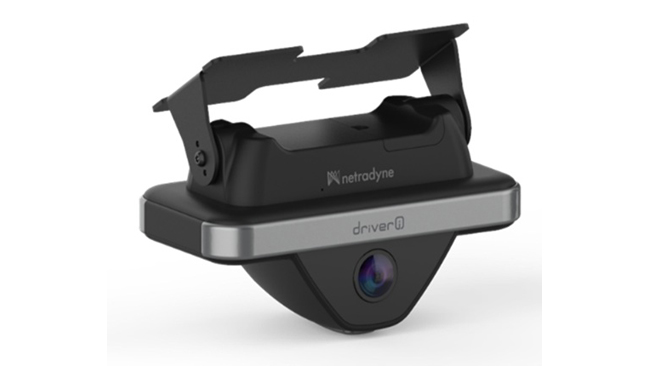
Bengaluru, November 18, 2020.
India has the highest number of road accident deaths across 199 countries reported in theWorld Road Statistics 2018.Netradyne, an AI vision-based pioneer in safe driving has done a pilot study with Robert Bosch Centre for Cyber-Physical Systems at the The Indian Institute of Scienceas technical consultant and Zoomcar to reduce road accidents in India. Can technology adoption eventually make Indian roads accident free by 2035?
The study aimed to analyse the effect of voice feedback (triggered from an intelligent safe driving device installed in cars) on driver behaviour and reduction infataldriving incidents in the rental car segment.
To this effect, Netradyne commissioned its Vision based Driver Assistance and Safety Platform, ‘Driveri’,in 500 Zoomcars. Driveri is an Advanced Driver Assistance System (ADAS) that analyses the driving journey, road data and also monitors driving behavior through AI built into the edge-computing device.Driveri is equipped withfour HD inward and outward looking cameras that record and trigger voice alerts based on driving incidents in real time.
Of the 500 Zoomcars, Driveri’s voice alerts and outward camera features were activated in 250 test cars.In the remaining 250 control cars, the outward camerawas switched on but the voice alerts feature was deactivated.
Over 0.1 million trips, 10.6 million miles and 0.5 million driving hours were analysed for a year from September 2018 to December 2019 to arrive at the findings. Cars with voice activated alerts vis a vis those without audio alerts showed -;
· 14% reduction in accidents just with the voice alertfeature enabled and without anyprior training, incentives, or instructions to the drivers
· 21.6% decline in six of the overall 20+ driving metricsanalysed by Driveri. The six metrics includespeeding, acceleration, hard breaking, hard turning, collision warning and maintaining distance
· 50% reduction in probability of accidents when the drivers scored 600GreenZone (GZ) points or above for both sets of cars. Drivers with higher GZ scores exhibited safer driving behaviour.
GreenZone is Netradyne’s automated driver monitoring and performance analytics scorecard. It is derived from the company’sMachine Learning models and considers all aspects of driving and alerts.The company is working with IISc to convert GZ scores into an incentive system to reward good drivers and driving behaviour.
According to Avneesh Agrawal, Chief Executive Officer of Netradyne, “Netradyne’s study with Zoomcar and IISc is an efforttouseAI for social good. India accounts for almost 11% of the accident related deaths per the WHO Road Safety 2018 report. Our study has shown that technology intervention cannot only reduce fatal driving incidents but also influence driving behaviour. For instance, a large number of accidents in India are caused by driver behaviour including fatigue, distraction, drowsiness and seat belt non-compliance. If Driveri’s inward cameras were also switched on, I believe the drop in accident rates could have been much higher.”
Netradyne is extending the study to other social groups including public sector buses to measure effectiveness of bus priority lanes, detecting driver drowsiness in long distance night trips, etc. Netradyneis confident that the next decade in India will witness themainstreaming of vision-based technology enabled by AI and Machine learning.